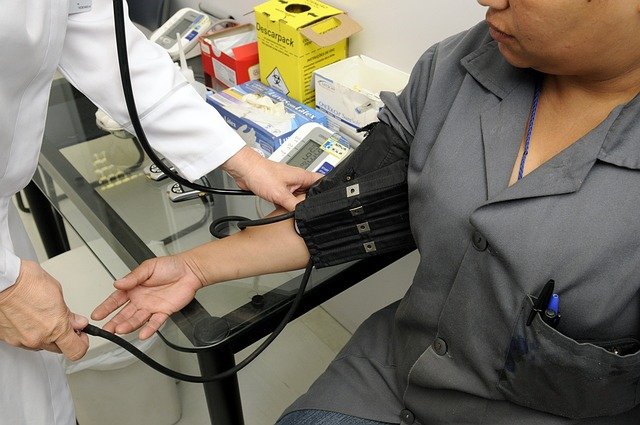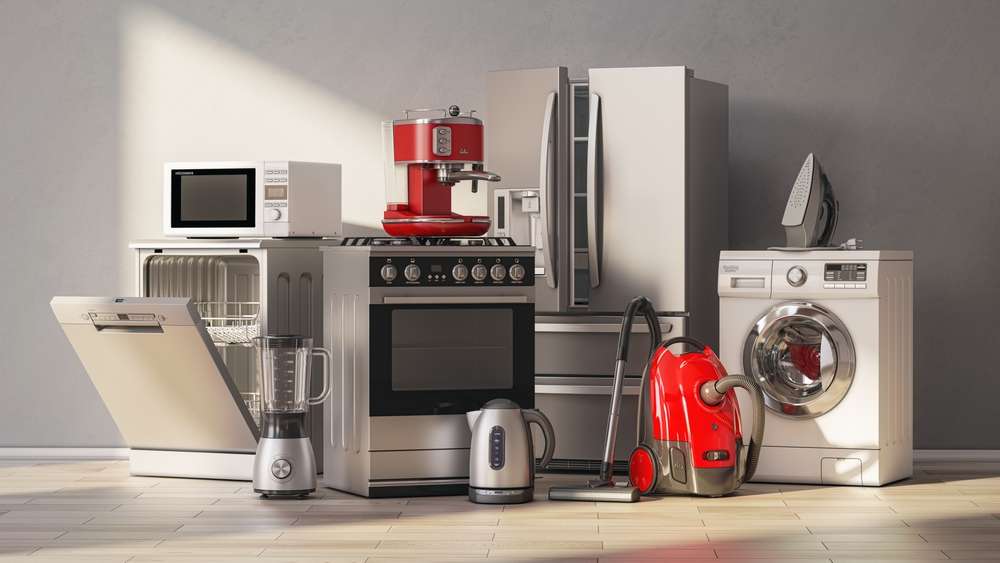"24/7 Nurse: Transforming Healthcare with Around-the-Clock Care"
In today’s fast-paced world, the need for accessible and continuous healthcare has never been more critical. The emergence of the 24/7 nurse concept is transforming the landscape of healthcare, providing around-the-clock care and support, ensuring that patients receive the attention they need, no matter the time of day. This article delves into the essence of the 24/7 nurse model, its impact on healthcare, and the technological advancements driving this change.

The Evolution of 24/7 Care in Modern Healthcare
Healthcare delivery has transformed dramatically over the past decade, with 24/7 care becoming increasingly important in meeting patient needs. Traditional healthcare models, limited by business hours and physical locations, often left patients vulnerable during nights, weekends, and holidays. The development of continuous nursing care addresses this critical gap, providing clinical expertise regardless of the time or day. This evolution reflects broader changes in healthcare philosophy, shifting from reactive treatment to proactive monitoring and intervention—ensuring that patient support doesn’t stop when clinic doors close.
Anytime Access: Breaking Down Time Barriers in Medical Support
The fundamental advantage of 24/7 nursing services lies in their elimination of time constraints. Patients with chronic conditions, new parents with urgent questions, or individuals experiencing sudden symptoms no longer need to wait until morning or visit emergency departments for non-emergency concerns. This anytime access creates a safety net that reduces anxiety and improves outcomes through timely intervention. For elderly patients or those with limited mobility, knowing professional help is just a call or click away provides invaluable peace of mind while potentially preventing unnecessary hospital visits.
Instant Medical Assistance: How Response Time Impacts Patient Outcomes
When health concerns arise, the speed of medical response can significantly impact outcomes. 24/7 nursing services provide instant medical assistance through various channels—phone consultations, video calls, or remote monitoring systems. This immediate access to professional assessment helps determine whether symptoms require emergency intervention or can be managed at home with proper guidance. For conditions like stroke, heart attack, or severe allergic reactions, rapid professional assessment can be lifesaving, while for less urgent concerns, instant guidance prevents unnecessary emergency room visits and reduces healthcare system burden.
Managing Chronic Support: Continuous Care for Long-term Conditions
Patients with chronic conditions face unique challenges requiring consistent monitoring and support. 24/7 nursing services offer particular benefits to this population through ongoing assessment of symptoms, medication management guidance, and early intervention when conditions worsen. For diabetic patients, round-the-clock access to nursing support helps navigate blood sugar fluctuations, medication adjustments, and complication prevention. Similarly, patients with heart failure, COPD, or chronic pain benefit from continuous professional oversight that adapts to their changing needs, reducing hospitalizations and improving quality of life through proactive management.
Telehealth Revolution: Technology Enabling Continuous Nursing Care
The rapid advancement of telehealth technology has revolutionized how 24/7 nursing care operates. Today’s nurses can remotely monitor vital signs, medication adherence, and symptoms through connected devices that transmit real-time data. Video consultations allow visual assessment of wounds, rashes, or mobility issues, while secure messaging systems facilitate ongoing communication between scheduled appointments. This technological foundation enables nurses to provide comprehensive care remotely while maintaining the personal connection essential to effective healthcare. As telehealth capabilities continue advancing, the scope and effectiveness of round-the-clock nursing services will only expand.
Cost Considerations and Provider Options for 24/7 Nursing Services
The financial aspects of 24/7 nursing services vary significantly depending on delivery model, provider, and coverage options. Understanding these differences helps patients and families make informed decisions about accessing continuous care.
| Service Type | Provider Examples | Cost Estimation |
|---|---|---|
| Insurance-based Telehealth | Aetna, UnitedHealthcare, Blue Cross | $0-45 per consultation with insurance coverage |
| Subscription Telehealth | Teladoc, MDLIVE, Doctor on Demand | $10-99 monthly subscription |
| Hospital-based 24/7 Nurse Lines | Cleveland Clinic, Mayo Clinic, Local hospitals | Free with patient status; $20-75 per call otherwise |
| Private 24/7 Nursing | Home health agencies, Private duty providers | $25-85 per hour; $600-2,040 per day |
| Remote Monitoring Services | Vivify Health, Health Recovery Solutions | $50-300 monthly plus equipment costs |
Prices, rates, or cost estimates mentioned in this article are based on the latest available information but may change over time. Independent research is advised before making financial decisions.
The Future of Continuous Healthcare Support
The 24/7 nurse model represents more than just extended hours—it signifies a fundamental shift toward healthcare that adapts to patient needs rather than requiring patients to adapt to healthcare limitations. As technology continues evolving and healthcare systems recognize the clinical and economic benefits of continuous support, we can expect further integration of 24/7 nursing services into standard care models. This evolution promises improved patient outcomes through earlier intervention, better chronic disease management, reduced hospital readmissions, and enhanced quality of life for those with ongoing health needs. The transformation toward around-the-clock care delivery ultimately creates a more responsive, effective healthcare system centered on patient well-being.
This article is for informational purposes only and should not be considered medical advice. Please consult a qualified healthcare professional for personalized guidance and treatment.




